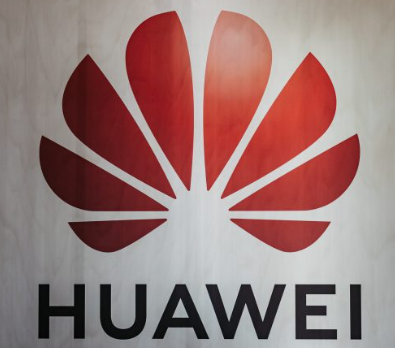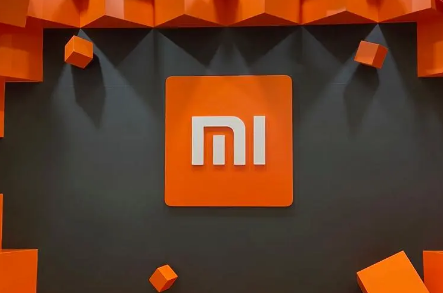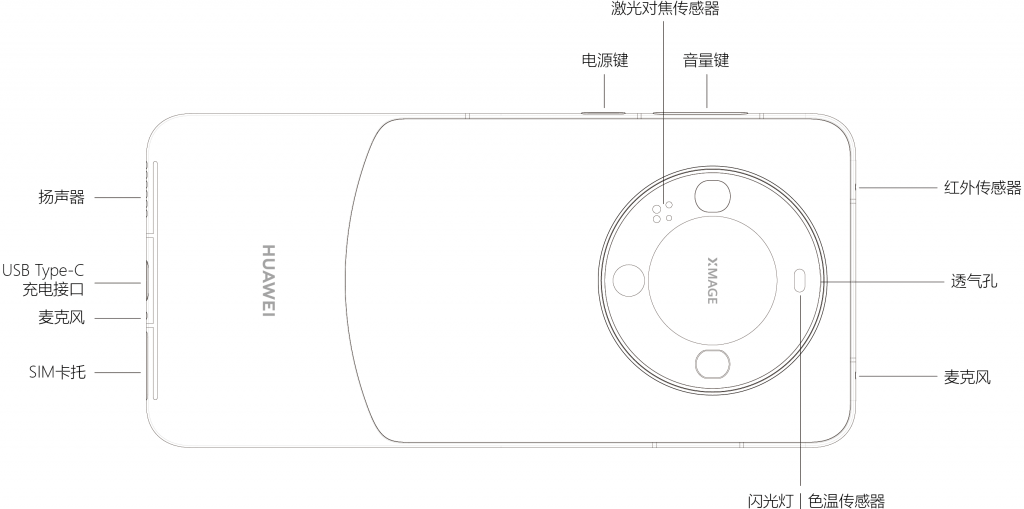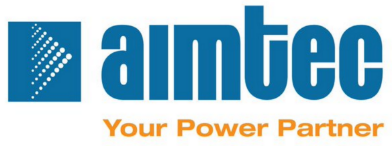- Ameya360 Component Supply Platform >
- Trade news >
- Chinese telecom giants Huawei and ZTE face market pressures amid US scrutiny
Chinese telecom giants Huawei and ZTE face market pressures amid US scrutiny
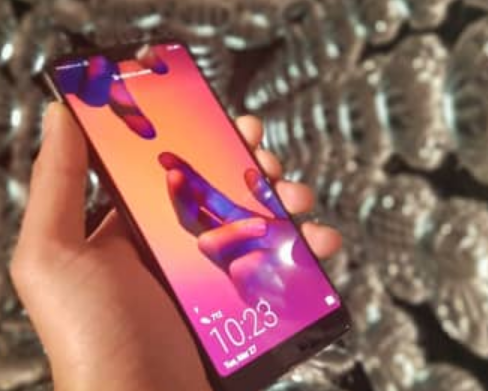
The Huawei P20 Pro
U.S. pressure on Chinese telecom equipment giants Huawei and ZTE is causing immediate challenges for the companies in financial markets.
This week, Huawei abruptly called off a planned sale of 500 million euros ($606 million) in five-year debt despite high demand, The Wall Street Journal reported Thursday, citing market participants. The news came a day after the Journal, citing sources, reported the U.S. Justice Department is investigating whether Huawei violated U.S. sanctions on Iran.
The DOJ declined to comment. Huawei did not immediately respond to CNBC requests for comment. The Chinese company, which has raised security concerns in Washington for years, reported a 28.1 percent increase in net profit last year to 47.455 billion yuan ($7.5 billion).
Separately, ZTE shares in Hong Kong and Shenzhen, China, remain suspended more than a week after the initial halt.
The Chinese company stopped trading April 17 after the U.S. banned American companies from selling components to ZTE for seven years. The decision was made in response to the company's violation of U.S. sanctions against Iran and North Korea. ZTE pleaded guilty last year.
The company then delayed its first-quarter earnings report and board meeting, planned for April 19.
When it finally released results on Friday, ZTE said consolidated net profit attributable to ordinary shareholders surged 39 percent to 1.69 billion yuan.
But ZTE said the U.S. ban "has material adverse effects on the normal production and operation of the Company" and it is "unable to prepare the 2018 First Quarterly Report in accordance with the accounting standards for business enterprises."
The shares remained halted and the stock is down 12.78 percent for the year. The company has a market capitalization of 153.8 billion Hong Kong dollars ($19.6 billion).
Both ZTE and Huawei have also become major smartphone manufacturers.
In 2017, Huawei ranked third in global smartphone shipments, behind Samsung and Apple, according to Strategy Analytics. Third-quarter data showed ZTE was the fourth-largest vendor in the U.S. by smartphone shipments.
Online messageinquiry
- Week of hot material
- Material in short supply seckilling
| model | brand | Quote |
|---|---|---|
| MC33074DR2G | onsemi | |
| CDZVT2R20B | ROHM Semiconductor | |
| BD71847AMWV-E2 | ROHM Semiconductor | |
| TL431ACLPR | Texas Instruments | |
| RB751G-40T2R | ROHM Semiconductor |
| model | brand | To snap up |
|---|---|---|
| BP3621 | ROHM Semiconductor | |
| BU33JA2MNVX-CTL | ROHM Semiconductor | |
| STM32F429IGT6 | STMicroelectronics | |
| TPS63050YFFR | Texas Instruments | |
| IPZ40N04S5L4R8ATMA1 | Infineon Technologies | |
| ESR03EZPJ151 | ROHM Semiconductor |
- Week of ranking
- Month ranking
Qr code of ameya360 official account
Identify TWO-DIMENSIONAL code, you can pay attention to


